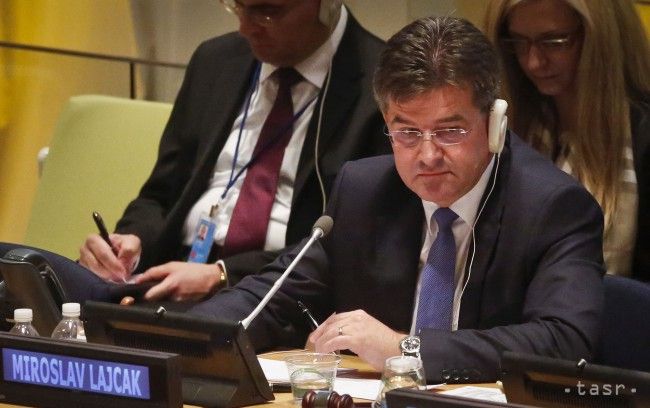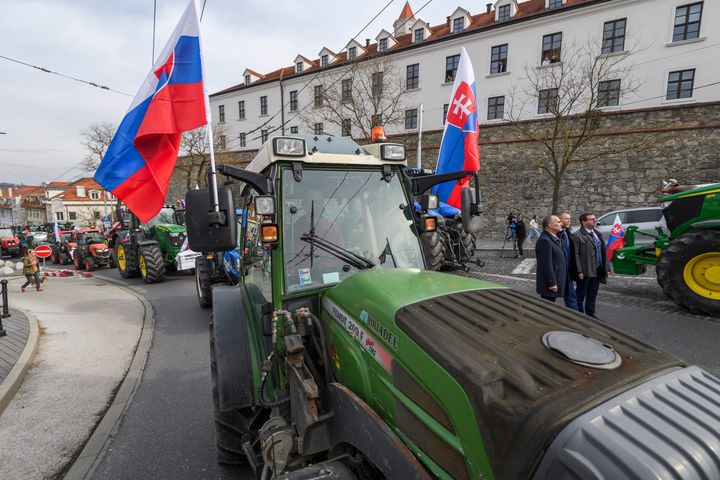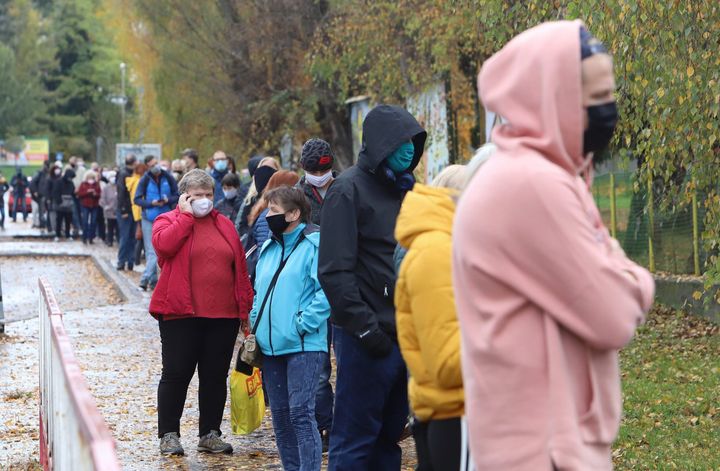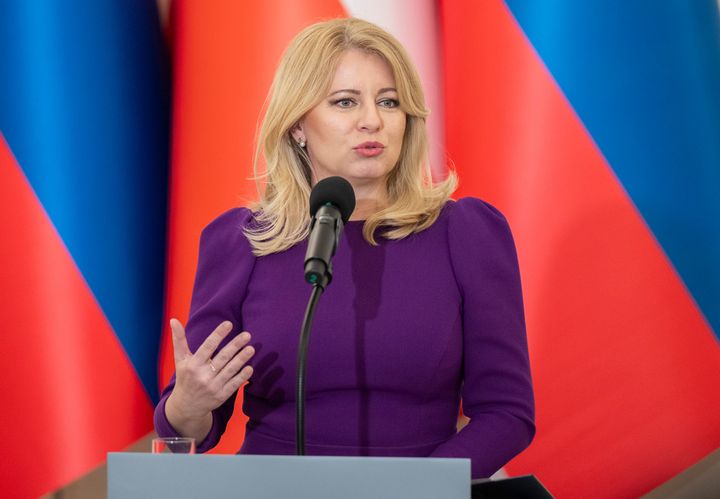Lajcak Presents His Candidacy and Vision for United Nations

Bratislava/New York, June 8 (TASR) – Slovakia has entered the process of selecting a new United Nations secretary-general for the first time ever, with Slovak Foreign and European Affairs Minister Miroslav Lajcak presenting his candidacy and vision for the UN’s future in New York on Tuesday, the ministry’s press department told TASR on Wednesday.
“We need global solutions to tackle the growing number of global problems. The UN is the most universal and relevant organisation on this planet. It has the potential and all essential tools for addressing global crises. We only have to find a way of making this system more effective,” stated Lajcak in his informal dialogue with ambassadors of member states at the UN.
“The system itself isn’t set in an appropriate way so that it can handle contemporary problems. But there are principles that remain universal, such as respect, dialogue, cooperation and the ability to make compromises,” said Lajcak.
Lajcak also presented four areas that he considers to be the most important in his vision: conflict prevention and mediation; sustainable development; human rights and international law; and an effective UN Secretariat.
The Slovak minister answered questions from representatives of individual geographical groups for two hours. The questions were of many kinds, ranging from UN activities and powers through the selection of employees for the Secretariat to gender equality, peacekeeping missions, human rights and sustainable development.
Prior to the informal dialogue Lajcak met UN General Assembly Chairman Mogens Lykketoft and incumbent UN Security Council Chairman Francois Dellatre. He also attended a joint session of ambassadors from countries of the Eastern European group, from which the new secretary-general should be chosen according to an unwritten rotational principle.
The next step in the selection process should be an evaluation of each candidate by the UN Security Council.



